Dead hive....what to do now?
instar8
17 years ago
Related Stories

DECORATING GUIDESNo Guilt! 7 Deadly Sins in Décor
Make a room more interesting with a hint of gluttony, pride, sloth and the rest — no redemption required
Full Story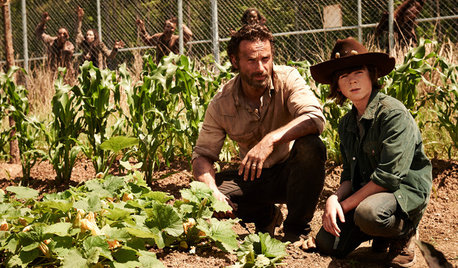
FUN HOUZZHow to Survive an Epidemic of Walking Dead
Tips to use around the house and garden to prep for the zombie apocalypse
Full Story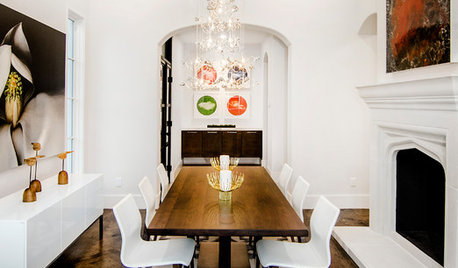
DINING ROOMSNew This Week: Proof the Formal Dining Room Isn’t Dead
Could graphic wallpaper, herringbone-patterned floors, wine cellars and fire features save formal dining rooms from extinction?
Full Story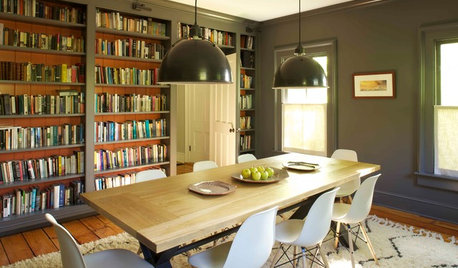
DECORATING GUIDES12 Deadly Decorating Sins
Are your room designs suffering from a few old habits? It may be time to change your ways
Full Story
SMALL KITCHENSThe 100-Square-Foot Kitchen: No More Dead Ends
Removing an angled peninsula and creating a slim island provide better traffic flow and a more airy layout
Full Story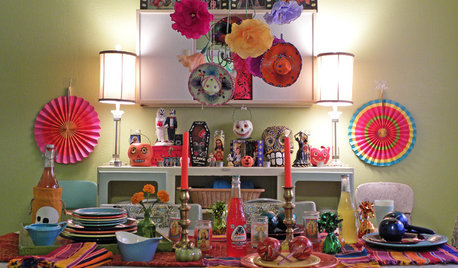
HOLIDAYSMy Houzz: A Home Comes Alive With Day of the Dead Decor
Sugared skulls and bright paper flowers keep a Texas home's macabre decorating style on the lighter side
Full Story
KIDS’ SPACESOnce a Cluttered Closet, Now a Creative Workspace
With a desk, chalkboard walls and cute accessories, this 'cloffice' opens up a kid's bedroom. See the DIY steps
Full Story
EDIBLE GARDENSA Formerly Weedy Lot Now Brims With Edibles and Honeybees
Photographers transform their barren backyard into an oasis filled with fruit, vegetables, honey, eggs and more
Full Story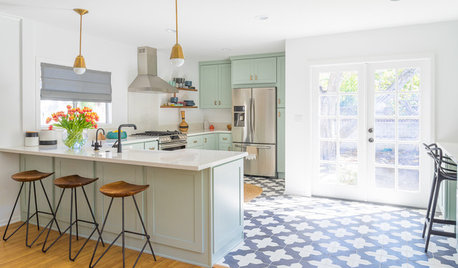
KITCHEN DESIGNTrending Now: 25 Kitchen Photos Houzzers Can’t Get Enough Of
Use the kitchens that have been added to the most ideabooks in the last few months to inspire your dream project
Full Story
LANDSCAPE DESIGNEnergy Now: Designing a Garden That Gets You Going
Serenity has its place, but a garden that recharges and motivates you can be a beautiful thing
Full StorySponsored
Custom Craftsmanship & Construction Solutions in Franklin County






tonybeeguy
instar8Original Author
Related Professionals
Wrentham Landscape Architects & Landscape Designers · Clemson Landscape Architects & Landscape Designers · Manhattan Beach Landscape Architects & Landscape Designers · Montgomeryville Landscape Architects & Landscape Designers · Chattanooga Landscape Contractors · Fair Lawn Landscape Contractors · Huntington Landscape Contractors · Lemoore Landscape Contractors · Lewisville Landscape Contractors · Morrisville Landscape Contractors · Paramount Landscape Contractors · Wailuku Landscape Contractors · Oxon Hill Landscape Contractors · Kingsburg Landscape Contractors · Raytown Landscape Contractorstonybeeguy
ccrb1
instar8Original Author
tonybeeguy